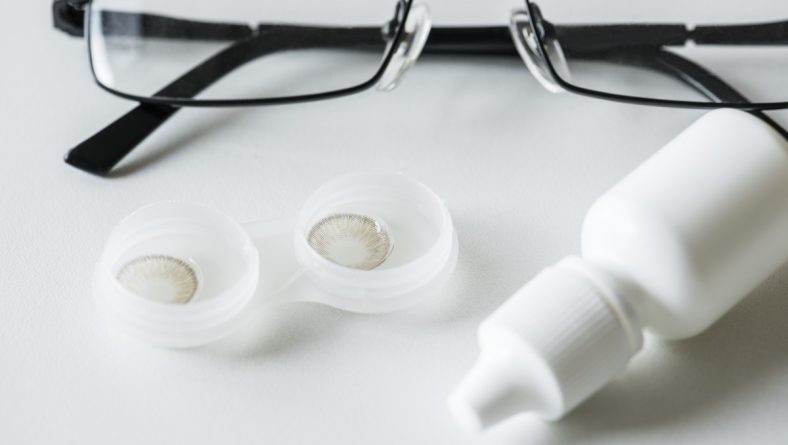Do You Need a Contacts Prescription? | Accent Eye Care
How important is your eye health? The eyes like most body parts is prone to weaknesses as a result of age and unhealthy lifestyle habits that include smoking, poor nutrition, excessive screen time, lack of sleep and more. According to the World Health Organization, impaired vision remains the most widespread disability globally by 3 out of 4 American adults in need of vision correction. The Center for Disease Prevention and Control estimates that 45 million Americans use contact lenses to correct their refractive error, and depend on their eye care professional for contacts prescription.
Benefits of Using Contact Lenses
Contact lenses, just like eyeglasses, offer many benefits. Both can help in correcting refractive errors. Previous types of contacts were less popular than glasses initially. However, technology advancement has given rise to other contacts prescriptions that provide a variety of specialized benefits. Contacts represent an alternative to glasses support a more liberating lifestyle. Some benefits of using contact lenses include:
- A good choice for patients that want to avoid LASIK surgery
- Contacts can come in several different colors and styles
- Causes minimal vision obstruction
- More suitable to sporting and outdoor activities
- No glare in the sunlight
- No more fog in cold weather
- Special lenses can correct myopia by reshaping the cornea
Do You Need a Contacts Prescription?
According to the U.S. Food and Drug Administration, the contact lens is a medical device, and every medical device must have a legal prescription. In view of this, it is very important that you have your eyes tested by an eye care professional before wearing any contact lenses, and get an annual contact lens check-up. This is recommended by the American Optometrist Association to adhere to good eye health. The eye test allows your eye care professional to assess the health of each individual eye. In addition, we can test for further vision impairment including nearsightedness, astigmatism, and farsightedness. Based on this, you might end up having different contacts prescription levels for each eye.
Contact lens exists in different categories based on the lens material it is made of and wearing times. Before opting for any contact lens, your eye care specialist will base a prescription on your vision needs. Discuss other factors that include lifestyle, comfort, budget and more with your eye care physician. All this will help your physician to provide you with the best contacts prescription.










 powerhousegroup.net
powerhousegroup.net